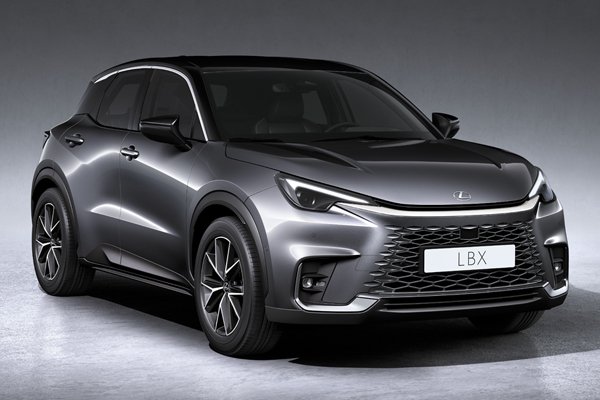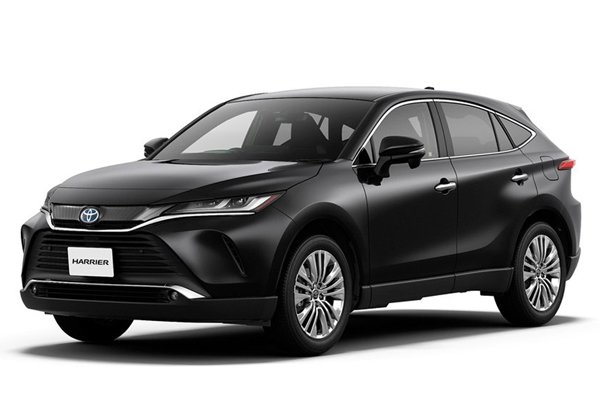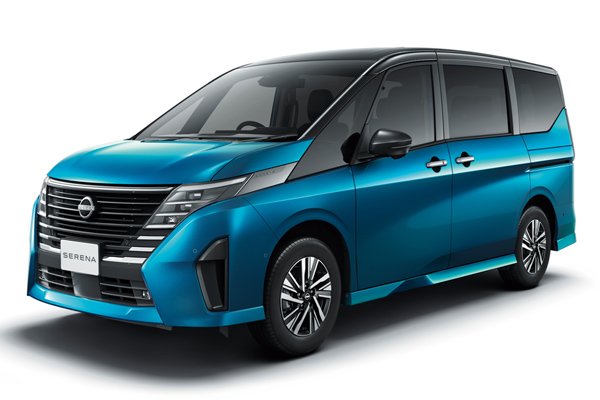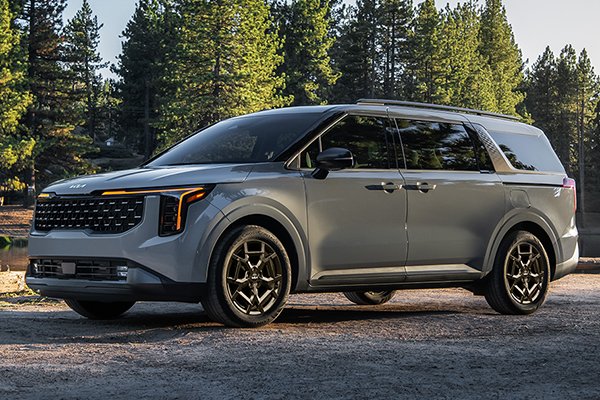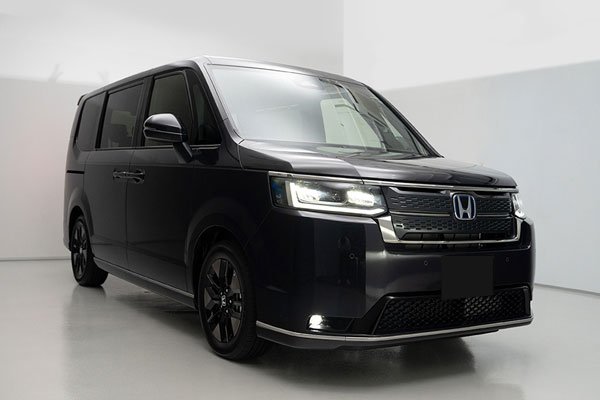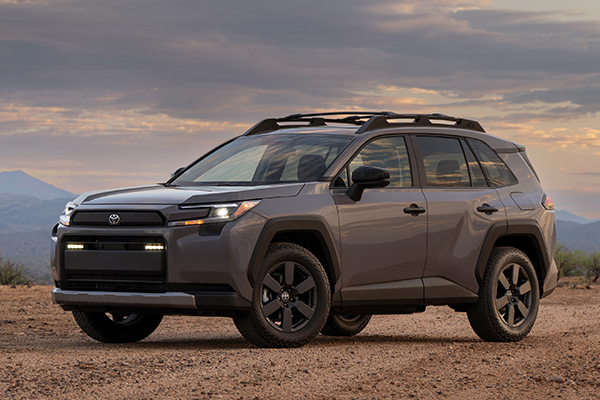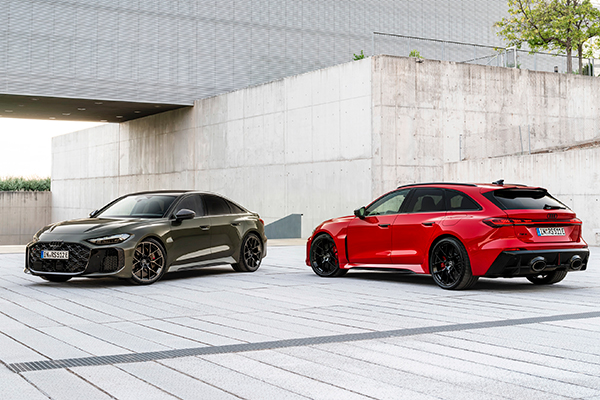- Brands
- Price
- Depreciation
- Fuel Consumption
Search Brand
Drive A Hybrid Vehicle
Full Hybrid
Mild Hybrid
Plug-in Hybrid
Hybrid Ownership Cost
Brand
Select Brand
Model
Select Model
Latest Promotions
Why Go Hybrid?

Videos
Articles
FAQ
- Can you drive a Hybrid in Singapore after 2030?As afforded in the Singapore Green Plan 2030, hybrid vehicles will continue to be available after 2030, as they are classified as 'cleaner-energy models'. By 2040, all vehicles are targeted to run on cleaner energy, and hybrids are certainly an important competent of that vision.
- Are hybrid cars suitable for Singapore's driving conditions?Hybrid cars are ideal for urban driving conditions. Petrol engines are typically least efficient in low-speed/start-stop traffic, and a hybrid's ability to operate solely on electric power in such conditions can greatly improve overall fuel efficiency.
A hybrid powertrain optimises the transition between electric and petrol power based on driving conditions, which offer a seamless driving experience - extra performance if you need, maximised efficiency when possible.
This is one of the reasons why distributors in Singapore are offering an increasingly wide range of hybrid vehicles. - What are the different types of Hybrids?There are three types of hybrid powertrains - full-hybrid (sometimes called self-charging hybrid), plug-in hybrid, and mild-hybrid.
Full-hybrids do not require external charging, and instead recharge the battery through regenerative braking and using the petrol engine. Like plug-in hybrids, full-hybrids can also travel on electric drive only. Full-hybrids offer significant improvements compared to typical ICE powertrains as well as mild-hybrid powertrains, offering improved efficiency and reduced emissions.
Mild-hybrid systems can work to reduce engine loads, offering modest power and efficiency gains, but cannot directly provide power to the wheels. The car will not be able to operate on electric drive only.
Plug-in hybrids have larger batteries to complement the petrol engine, and allow the car to be charged from an external source, but efficiency gains are typically only fully realised through regular charging. Plug-in hybrids can travel on electric drive only. - Do you have to plug in to charge a Hybrid?Unlike electric vehicles, full-hybrids do not require plugging in at a charging station (hence the name self-charging plug-in). Refuelling is done just like a typical petrol car - at a petrol station.
Plug-in hybrids offer the choice of charging (again, hence the name), while also being able to be refuelled at a petrol station. However, to maximise the benefits of a plug-in hybrid, regular charging is recommended. - How does self-charging technology in hybrid cars work?The battery in a self-charging hybrid is recharged via two ways - energy harvested through regenerative braking, as well as from the petrol engine (serving as a generator). This energy is fed into the battery pack, which can in turn be used to power the car in electric-mode, or complement the petrol engine when more performance is demanded.
This offers drivers a fuss-free experience - using a full-hybrid is effectively identical to a conventional ICE car. - Are Hybrid batteries covered by warranty?Yes. Hybrid batteries are typically covered by the brand's factory warranty. Many distributors in Singapore also typically offer an extended warranty coverage, up to 10 years or a specified mileage.
- How does fuel efficiency in a Hybrid compare vs an ICE car?Fuel efficiency will be noticeably better in a hybrid model relative to a comparable ICE car. For example, a Toyota Corolla Altis Hybrid has a quoted fuel economy of 21.7km/L, which is 39% higher than the 15.6km/L quoted fuel economy of the non-hybrid Toyota Corolla Altis.
- Is a Hybrid environmentally friendly?Hybrids produce lower tailpipe emissions that traditional ICE cars, and have the ability to produce zero emissions when travelling in electric mode. Studies have also shown that hybrid vehicles tend to have lower life-cycle carbon impact when considering the resources and materials required for manufacturing.
Regardless, hybrids are another positive step towards becoming more environmentally friendly. - Are there any government incentives or rebates for hybrid car owners?While there are no specific incentives or rebates directly targeted at hybrid cars, hybrid models still enjoy some rebates under the broader Vehicles Emissions Scheme. Hybrid cars produce fewer emissions, and typically helps the car move into a more beneficial VES Band. Indeed, the VES Band A2 is described as applying "mainly to hybrid cars", and offers a $2,500 rebate.
